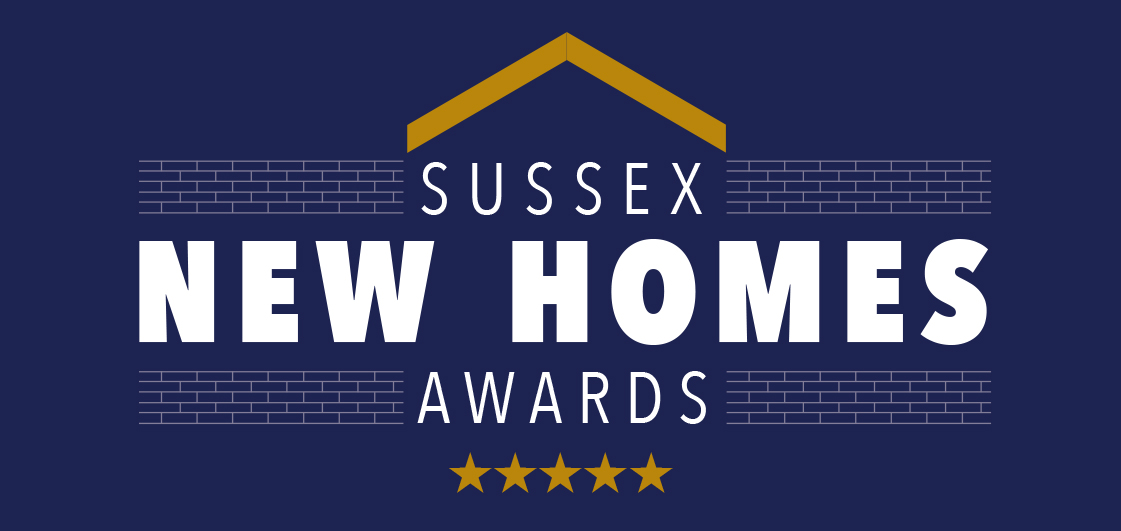
Breathe’s Jonathan Richards takes a rapid business culture quiz
How did Breathe start?
After 20 years of entrepreneurialism – of which there were many highs and lows – I thought it was time to put my experience into practise and create a business that helps people manage better. I remember in 2012, on a wet and dreary night, my co-founder, Gareth and I met at a local curry house, and after a few poppadoms, bhajis, Chicken Pathia and a Lamb Jalfrezi, Breathe was born.
What does your role include?
There are two main parts to my role. One is setting the strategic direction of the business and the second is nurturing our company culture. As the company has grown, my involvement in the day-to-day operations has steadily reduced.
Why are you called Breathe?
Interesting question and I wish I had a really smart answer! I remember long meetings with the original team, and in the end we decided on a name which we felt represents a new approach to business by starting with the basic instincts. Like a breath of fresh air, we wanted to build a team and business built on refreshed wisdom and an optimism for change.
How would you describe your company culture?
We’ve worked long and hard on our company culture research but we’re still trying to find the best words to communicate our values and visions. Fortunately, the more attention we pay to it, the more we learn, the more confident we are in its process.
We’re at a stage now where spreading the word to other small businesses is paramount. Our Culture Pledge Pack includes a number of tools, articles, tips and techniques, designed to help other UK companies understand their people and improve culture. Over 260 companies have pledged to date.
Of the four different types of company culture we’ve outlined, I’d say we sit nicely within the family-like Clan Culture model. Team building, employee involvement and accountability are important factors in our culture. We set ambitious targets and endeavour to provide each employee with the freedom and responsibility they need to help achieve these.The challenge is how we balance the drive for growth versus maintaining a relaxed environment.
Do you promote flexible working?
Every employee is given flexibility in how they achieve their tasks. Employees are free to work from home as appropriate and are given the responsibility to make sure this fits in with the needs of their team. We also provide space within the office to allow employees to work away from their desk in a more relaxed environment. Employees are encouraged to take time out from their working day to give them the headspace to recharge.
How do you tackle bad office attitude?
This isn’t something we experience often within Breathe. If anything should come up, we always try to tackle it head on with an open and honest approach. Every employee has a weekly one-to-one with their line manager to facilitate discussions and provide clear feedback.
What makes your company stand out from other culture-focused companies?
We are proud to proactively nurture our culture and people as individuals. We aim to provide a safe space, where everyone is encouraged to have their say without feeling their ideas are overlooked.
We recognise our culture isn’t perfect and that sometimes we get things wrong. We believe that honesty, integrity and humility are equally as important, so we’re all for owning up and taking responsibility for our actions. I’ve always encouraged workplace transparency and believe that willingness to admit defeats or mistakes is key to personal and professional development.
Do you feel your team effectively communicate with each other?
Yes. Although, I don’t believe you can ever have enough communication across departments and within each team. This has proved particularly true when considering the rate of our company growth over the last six years. I’m a big believer of utilising technology to our advantage. Digital communication channels such as Slack have helped us discuss future business plans as well as regularly share successes and ‘even better if’ messages across the company.
I believe it’s essential to have a good balance between face-to-face and electronic communication.
Every year we hold an annual off-site company meeting to launch the year’s business plan and follow this up with quarterly, whole-team meetings to review progress. In addition, we have monthly company meetings to review progress against KPIs. Most teams run daily ‘huddles’ and every employee has a weekly one-to-one.
What are your thoughts on office pets?
We like dogs and cats but generally find dogs are more suited to an office environment.
Dino has free reign of upstairs and Hunter is given the freedom of downstairs. Occasionally they meet in the middle for recreation!
10
How do you fix bad company culture?
It’s very hard to fix a bad company culture, but it’s incredibly important for leaders to try. Leaders must listen before they act. Once they lay the foundations to build the trust and respect with their team and employees, the culture soon follows.
Businesses talk a lot about company culture, do you feel that management are fully behind it and can enforce it properly?
It’s great to hear that you’ve seen businesses talk culture, but we can all talk more. We ran a survey in our Culture Economy Report, which recorded that 60% of managers see company culture as a ‘nice-to-have’ initiative. What’s surprising is that the very same survey demonstrated that symptoms of a poor or toxic company culture costs UK businesses more than £23.9 billion every year.
Company culture progress can very much depend on the management and attitude of the organisation’s senior leadership team. It requires a healthy dose of realism, compassion, a clear direction and authenticity. Great company culture evolves naturally and will break if forced.
In your experience what are the top three catalysts for creating good company culture?
In my view creating a good company culture is all about listening to the pulse of the organisation, learning from what you hear and then acting on that. For this to truly work it’s a continuous cycle. Listen, learn, act.
Do you take your company culture seriously? If you don’t, you should. Toxic culture costs the UK economy over £26 billion a year. Put your people first and commit to your business culture by taking the Breathe Culture Pledge today. (You can thank us later.) Find out more and get started at www.breathehr.com/pledge
Surrey Chambers are also offering a 20% lifetime discount on the Breathe software. Just take out your FREE TRIAL at breathehr.com/surrey-chambers






